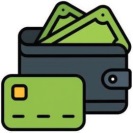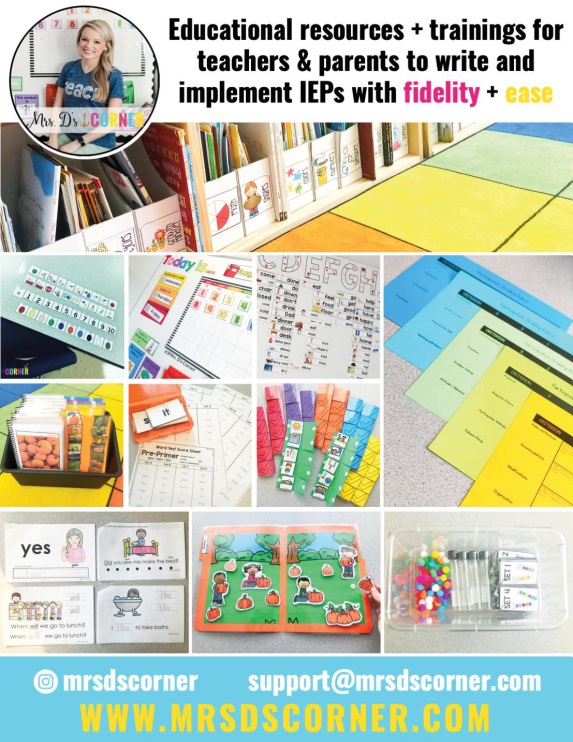
2. PAYING FOR A SERVICE
Part of budgeting is making sure you have enough money to pay for something you want or need. There comes a time, though, when you are paying for a service and you have to calculate a tip into the total price. Students also need to learn that a service provider's tip most often depends on the quality of service provided.
It's also important to learn about different situations where a service provider may not ask for a tip, but it is best practice to give the service provider a tip (example: a bellman at certain hotels who takes your luggage to your room, or service providers on a vacation excursion, like a fishing boat captain).

3. SAVING MONEY
Saving money is a great skill for all students to have. More importantly, it's a skill students need to understand and implement, so they don't go into debt.
Saving money is also a part of planning ahead and budgeting. Emergencies happen, and if a person doesn't have money saved, it can cause a lot of stress and anxiety. To plan ahead, a student might save a certain dollar amount each paycheck or each month, or they may have a system for calculating how much to save each month. As the parent, you can help your child decide which option works best for them, and then work with your child to implement the system each month.
In addition to saving money for emergencies, students should learn how to save money to purchase things. When students are young, they may want to save money for a specific toy or game. When students are older, it may be saving money for a car, apartment, or new phone or laptop. As the parent, you can help facilitate these events with or without your child's IEP team.

4. BALANCING YOUR BANK ACCOUNT
Being able to balance your bank account, or checkbook, as many of us know, is a skill vitally important to planning and budgeting. Sure, it can fall under that category - but it is so important, it deserves its own category.
Being able to balance your bank account by adding in deposits and calculating withdrawals, needs students to know the math basics: addition and subtraction. A student also needs to understand how to check and double check the work to make sure the results calculated are actually accurate.
Functional money skills help students live more independently and ultimately help them succeed. Everything in our everyday life costs money, and you can have your child – no matter how young or old – practice these money skills with you… and your child’s IEP team.
If this has made you want to call up your child's caseload manager to make an IEP goal change or two, share this month's article with them! In next month's article, you will learn more about writing functional IEP goals for more student independence. •
ABOUT THE AUTHOR:

Stephanie is a dual-certified special education teacher, Master IEP Coach®, children's book author, and teacher mentor. She has a passion for creating engaging, adapted resources for teachers and students with disabilities, and is self-proclaimed #datanerd. She understands that not everyone will love IEPs as much as she does, but it is her hope that with the appropriate training and resources, teachers will not only advocate harder for student services and supports, but also bridge the gap between teachers and families to foster a true IEP Team. She also provides professional development for teachers. You can connect with her at www.mrsdscorner.com and www.theintentionaliep.com. Stephanie is also a huge mental health advocate, sharing her experiences and struggles to let others know that you can survive the dark seasons and thrive in life and teaching with a mental illness.
